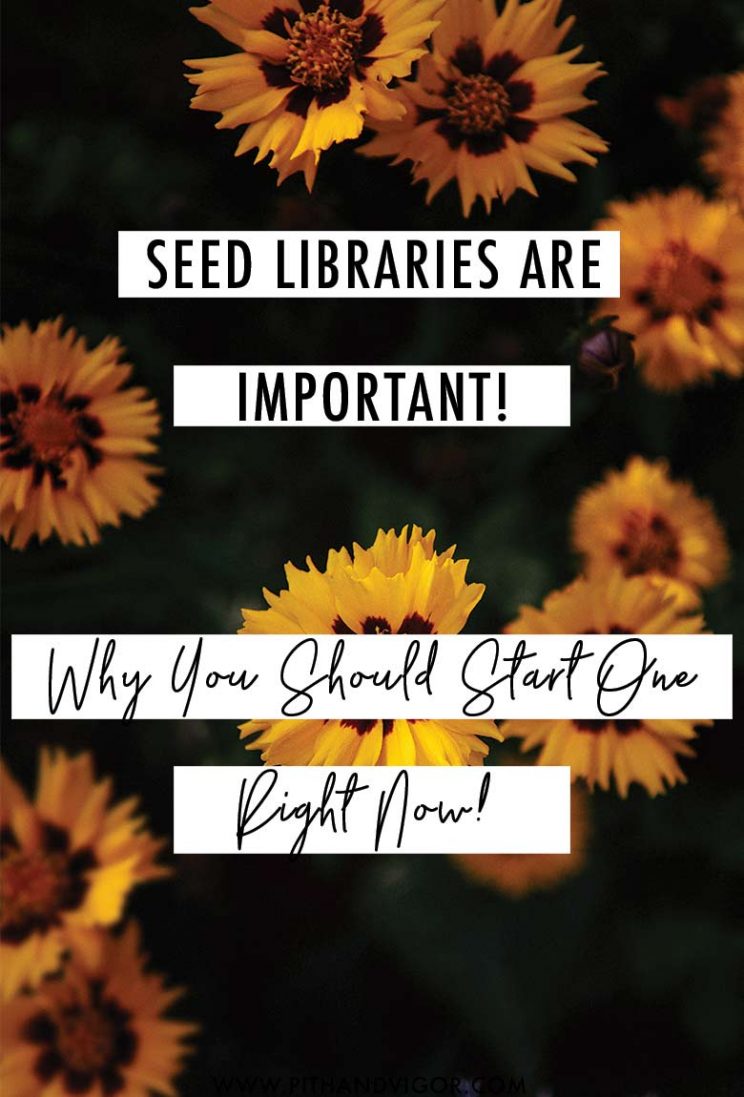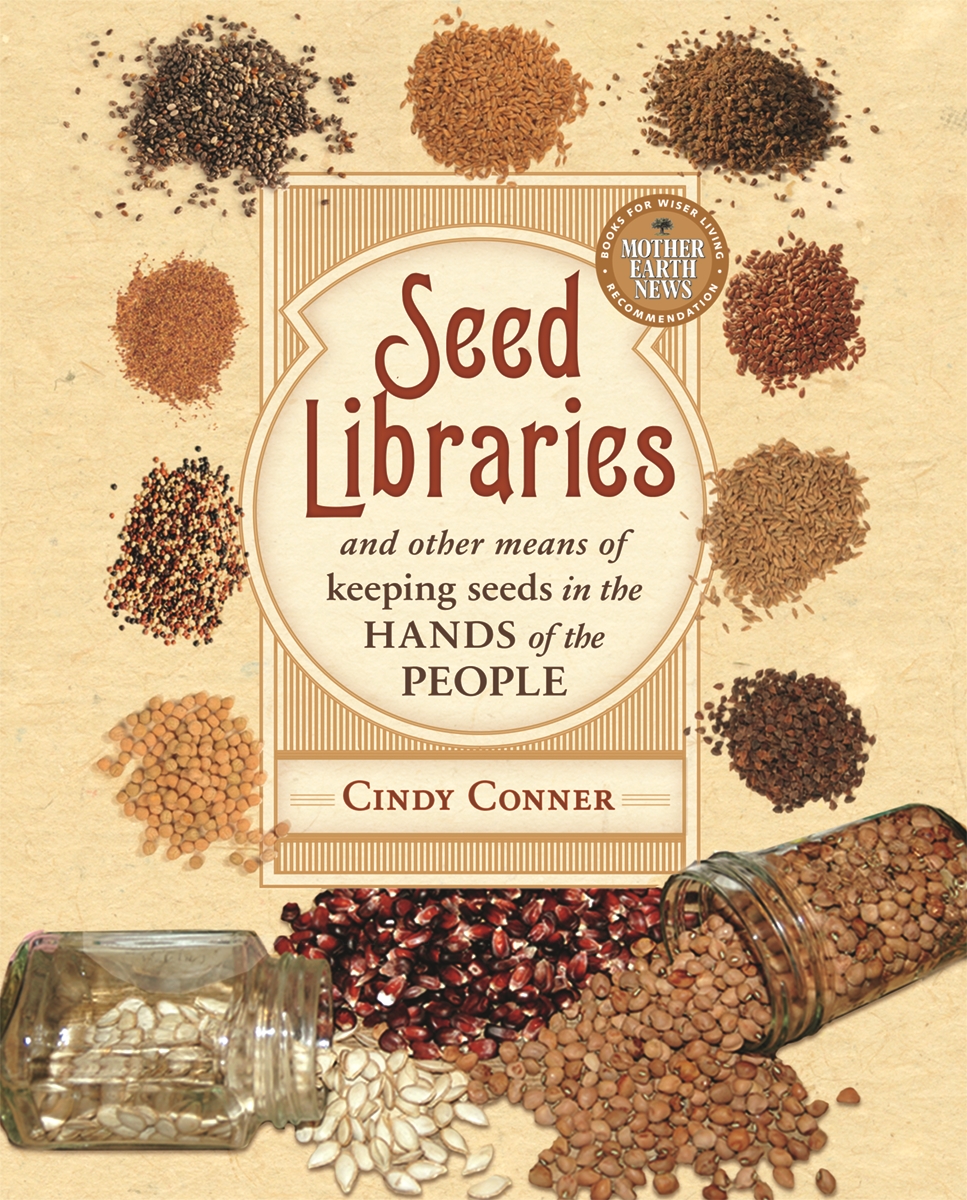Community seed sharing programs are appearing across the country in the form of seed libraries. Through these programs, members receive a small amount of seeds to grow and save, returning a share to the library for others to “borrow.” Seeds are very adaptable and will gradually adjust to the conditions where they are grown. By saving from the plants that grow best, seed library patrons can contribute to developing strains that are unique to their community. Flavor and nutrition are often the first reasons that come to mind when choosing which varieties to grow. But when considering saving seeds for the long term within a community, preserving genetic diversity, preserving varieties that grow best in the area, and preserving cultural heritage are also important factors.
No matter what reason leads a person to start saving seeds, the process can be an exciting one that leads to new skills and adventures. Often heritage varieties are chosen to begin with, however as much as we need to respect the past, we are living in the present and need to embrace all that the seeds have to offer, which may mean developing new varieties through backyard seed breeding or working with the plants you find that are not true to type.

Although seed libraries may appear other places, most likely you will find a seed library paired with a public library. Seed libraries add to the programming of public libraries, helping them stay relevant to their communities. Seed libraries are designed to share seeds within communities and no one anticipated they would fall under the jurisdiction of state seed laws, but in some states, they have. Each state has their own laws governing the transfer of seeds and in a few cases that has been interpreted as applying to seed libraries. These seed laws help to protect consumers from unscrupulous seed dealers; however seed libraries do not pose the same threats.
The incidences where seed libraries have been approached by their state department of agriculture to alter how they share seeds have been few. You should be aware of it, but don’t let it deter you from becoming active in this evolving opportunity to make a difference in your community. There are seed library advocates at work on the legal end to amend the laws to exempt seed libraries from the laws that govern seed companies.
Whoever Owns the Seeds Controls Your Food Supply. The most basic act of defense against the corporate control of our seeds it to save seeds and distribute them to others, and seed libraries are just the venue to make that possible.
–Cindy Conner is the author of Seed Libraries and Other Means of Keeping Seeds in the Hands of the People, by Cindy Conner,
New Society Publishers, February 2015
Related Posts:
Seed Libraries in the North East USA

Seed libraries, seed saving and seed sharing are very good ideas, which can really change the way we look at the future. Leaving the future of our food in the hands of the big corporations would be a big mistake, which can have a very bad influence on our children and the future generations in general. The organic produce is the only produce which can guarantee a healthy life and a sustainable environment.
I Love this! I’m going to make my own personal Seed Book with pockets & info about the seeds…
it may take a while but I will post to Twitter under @EsoterasMind when I’m done.
Thank-you for bringing awareness to this Very important topic.
Alayah